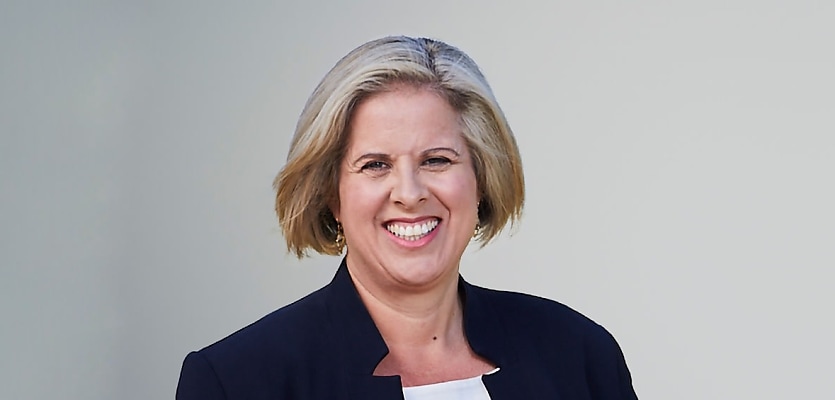Master Builders has urged the federal government to prioritise economic growth in the upcoming budget by addressing challenges in the building and construction industry.
The sector, which employs over 1.3 million Australians and approximately 450,000 businesses, is hindered by policies restricting growth, contributing to entrenched inflation and declining productivity.
The industry’s productivity has significantly declined, with the Productivity Commission reporting that half as many homes are being produced per hour worked compared to 30 years ago.
Master Builder’s chief executive officer, Denita Wawn, emphasised the industry’s economic significance.
“A strong building industry means a strong economy.”
“For every dollar invested in the building sector, $3 are injected back into the Australian economy,” she remarked.
Wawn said productivity is crucial to reducing the cost and time required to build essential infrastructure, including homes, roads, schools and hospitals.
“Productivity gains are the central driver of improvements in living standards and industry capacity over time,” she said.
Wawn has called to expand the National Productivity Fund to include regulatory reforms such as occupational licensing.
Australia’s economic growth was just 1.5 per cent in 2023–24, the weakest annual increase since 1991–92, excluding the COVID-19 pandemic.
While broader inflationary pressures are easing, inflation within the construction sector remains persistent.
Master Builders noted the 6.2 per cent rent increase in 2024, making housing-related inflation the economy’s most pressing cost issue.
Wawn said that the housing crisis is a strong issue felt by people all over the country.
“The building and construction industry is central to resolving the housing crisis with the residential, commercial and civil sectors all playing a role to build the communities Australians need.”
Despite government efforts in planning reform and social housing investment, Wawn said businesses responsible for meeting the national target of 1.2 million new homes remain unsupported.
Master Builders’ September 2024 forecasts projected only 1.03 million homes would be built in the five years from July 2024, resulting in a shortfall of 166,000 homes.
The shortfall can be attributed to several factors, including labour shortages, high material costs, delays in planning, building approvals and critical infrastructure, slow land release, and increasing compliance costs.
Over the past five years, building costs have risen by 44.1 per cent.
Wawn welcomed the government’s $10,000 apprentice incentives but argued that further employer support is needed to offset the significant costs of hiring and training apprentices.
“Ninety-nine per cent of all businesses in our industry are small businesses,” she said.
“The time it takes for these businesses to recruit and train staff, implement regulatory and legislative requirements, manage a business, and keep up with changing policy priorities is significant.”
Master Builders Australia has outlined key priorities in the federal budget, including lifting productivity, increasing housing supply, and reforming workplace laws.









You are not authorised to post comments.
Comments will undergo moderation before they get published.